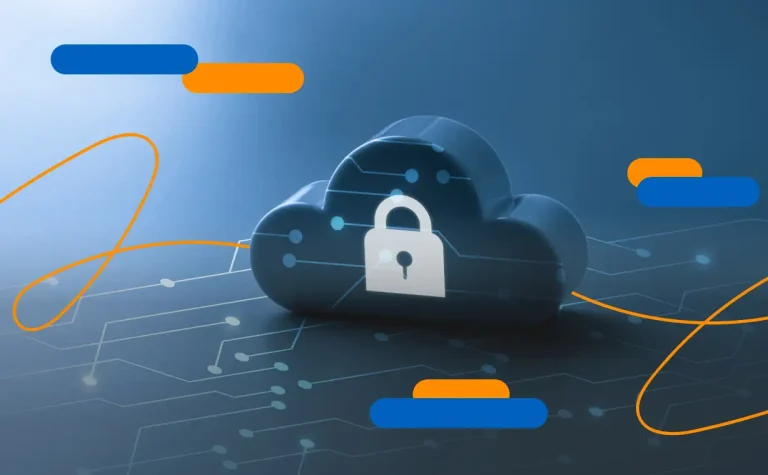The use of digital certificates, either for the electronic signature of documents (especially in the corporate environment) or to interact with electronic offices, is becoming increasingly widespread. It is a mechanism that has been postulated as one of the best alternatives to face-to-face procedures.
The advantages are indisputable in that sense and have meant a great saving of time, effort and resources for all types of companies. However, in order to use a digital certificate, it must be installed on the device on which we are carrying out the procedure. This can be a big problem if, for example, we only have it installed on one of our devices and it is different from the one we have access to at that moment. We could also have it installed on all devices with the security risk that this entails.
Viafirma Fortress, Viafirma’s centralized certificate, was born to give an answer to this kind of inconveniences.
What is Fortress, Viafirma’s centralized certificate?
Viafirma’s centralized certificate, or Fortress, is a tool that offers the possibility to make use of our digital certificate from any device, without the need to be installed in it. That is to say, it allows us to have our certificate in the cloud.
In addition to guaranteeing full access from any location, it provides maximum security mechanisms since the certificate and its private keys are housed in an HSM. Broadly speaking, an HSM is a hardware device that includes a cryptoprocessor so that sensitive data, in this case, all data related to a digital certificate, is stored and managed in encrypted form.
That is to say, Viafirma Fortress allows us to have our digital certificate in the cloud with the highest security level that guarantees its protection and confidentiality.
Advantages of the cloud certificate
As we have been saying, the main advantages of the certificate in the cloud lie in the security and remote access to the digital certificate, but we are going to expand on these aspects:
- Increased security: HSMs where digital certificates are stored are devices specifically designed to protect cryptographic keys and sensitive operations. Therefore, the security of the associated private key is strengthened, since the HSM provides a secure and isolated environment for key storage.
- Protection against physical and logical threats: HSMs are designed to resist physical and logical attacks, including tampering attempts, key extraction and other attack methods. This provides an additional layer of protection against both internal and external threats.
- Cloning prevention: HSMs generally incorporate features that make it difficult or impossible to clone keys. This protects against unauthorized duplication of certificates and reinforces the authenticity of the digital identity associated with the certificate.
- Information leakage prevention: By storing private keys in a secure environment, the risk of them being compromised or stolen is reduced. This helps prevent information leaks and guarantees the integrity and confidentiality of digital certificates.
- Audit: Every operation performed with a centralized digital certificate will be recorded in detail within the system. This facilitates the monitoring and analysis of events related to key and certificate management.
- Access from anywhere: Storing certificates in the cloud allows remote access from any location with an internet connection. This facilitates the management and use of digital certificates without depending on a specific location or physical device.
- Scalability: A cloud-based solution allows to easily adjust the capacity according to the needs. For example, a company that initially had 5 or 10 certificates and then, due to different circumstances, sees this number increase exponentially will have no problem increasing the number of certificates in the cloud.
- Ease of implementation and control: Implementing and controlling centralized certificates in the cloud is faster and easier than managing them on each of the devices of different users. This translates into reduced maintenance costs.
- Collaboration and resource sharing: The cloud facilitates team collaboration and resource sharing. This is beneficial when multiple parties need to access and manage digital certificates collaboratively.
Example of use of authentication in an electronic office.
Our cloud certificate solution can help you safeguard your company’s security and save time in your day-to-day business.



